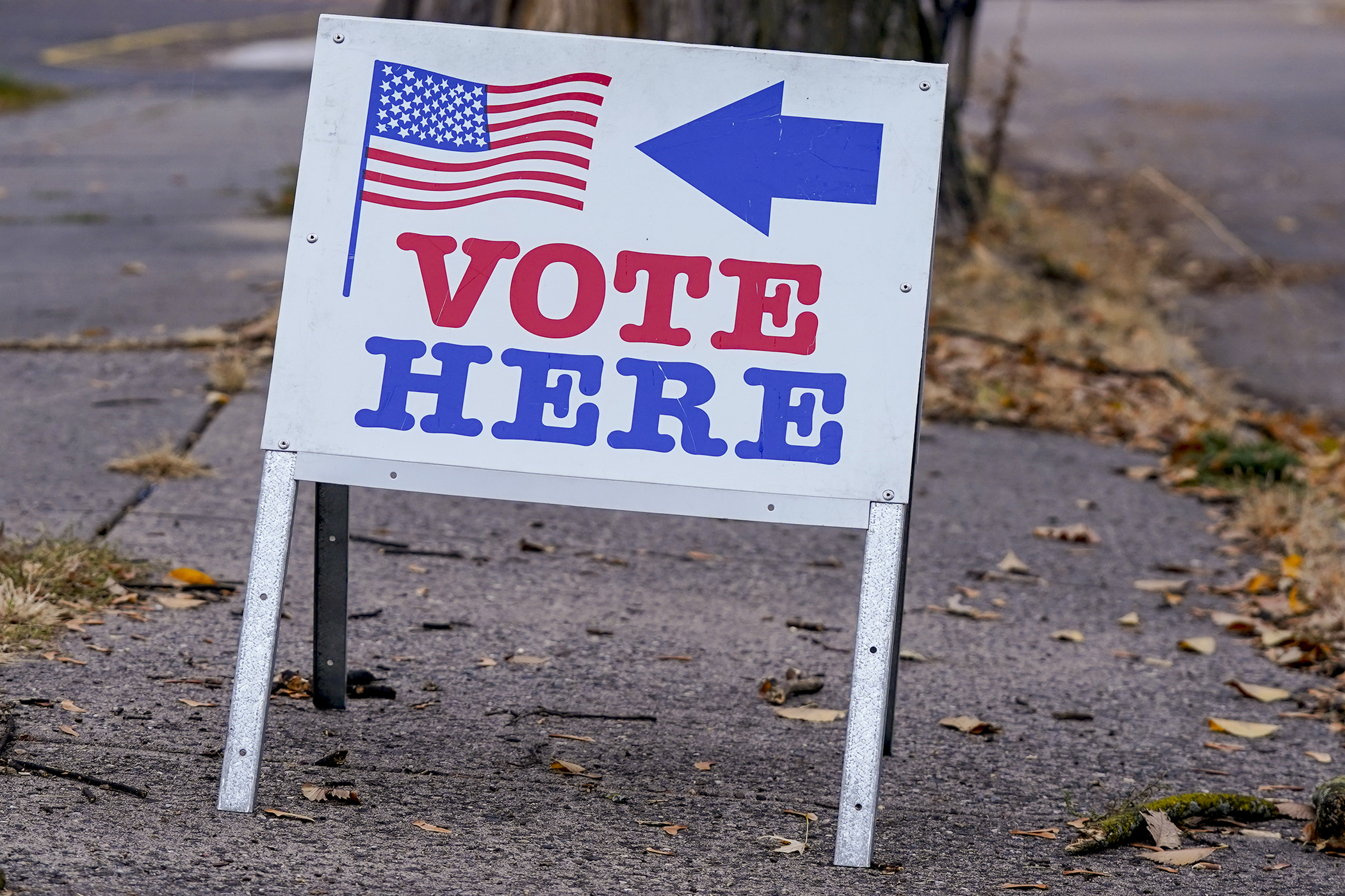Omnibus elections policy bill clears committee, heads to House Floor

Changes in the way Minnesotans vote via early and through absentee ballots could be forthcoming.
In an all-in-one meeting, the House Elections Finance and Government Operations Committee heard a walkthrough and took testimony on the omnibus elections policy bill.
Sponsored by Rep. Mike Freiberg (DFL-Golden Valley), a committee co-chair, HF1378, as amended, was then approved on a voice vote and sent to the House floor.
“[The bill] does bring a lot of provisions that the elections administrators across the state will support and will see as ways to improve the efficiency in our service to voters,” said Michael Stalberger, director of property and environmental resources for Blue Earth County.
Among the provisions in the bill, there would be wholesale changes in the way Minnesotans apply for absentee ballots, vote early and in the way those votes are handled and counted.
“The provisions in here are good provisions that have bipartisan support,” Freiberg said.
Early and absentee voting
Starting with the application process, online absentee ballot applicants would be required to provide both a Minnesota driver’s license or state identification card number and the last four digits of their Social Security number to verify identity.
Mailed and online absentee ballot applications would need to be received at least seven days before an election. If an application is received within seven days of Election Day, the absentee ballot board would be required to attempt to contact the applicant by telephone or email to notify them of other opportunities to vote in the election.
Stalberger said the seven-day deadline will help voters understand all their voting options and will help with the “excessive workload” that occurs right before an election.
Municipalities operating a designated absentee voting location would be allowed to operate for an 18-day period, rather than the entire 46-day absentee voting period.
Once absentee ballots are received, the bill would require the absentee ballot boards to verify the number of envelopes and ballots at various stages of the counting process, which would start at the end of each day.
To ensure more election security, the bill would require counties to develop a chain of custody plan for handling election-related materials, including absentee ballots, that would need to account for both the physical and cybersecurity of materials.
Nicole Freeman, director of government operations at the Office of Secretary of State, said the chain of custody plan would allow the office to better provide guidance to, and promote discussions with, local election officials.
“I believe this bill continues to support the balance of access for voters with the needs for election security, as well as making improvements to help election administrators do their jobs,” Freeman said.
The bill would also:
- extend a proof of residence requirement to candidates filing for city, town or other elected office;
- prohibit polling places from being located in, or in any adjoining room to, a location where cannabis products are served or sold;
- clarify that a voter who is unable to enter a location where ballots may be cast, including early and in-person absentee voting locations, can mark and cast a ballot from their motor vehicle;
- require candidates for judicial office, county attorney and county sheriff to provide an email address when filing for office;
- eliminate a requirement that a box indicating a voter’s preference to join the permanent absentee voter list appear on the voter registration form;
- allow additional proof of residency to post-secondary students for 18 days prior to an election and on Election Day, and;
- provide a method of resolving errors or omissions in the election administration process by mutual agreement of the impacted candidate and the entity responsible for administering the election.
Amendments
A successfully offered bipartisan amendment would allow for off-reservation polling places for at least one day of voting for a federally recognized Indian Tribe.
Rep. Emma Greenman (DFL-Mpls) unsuccessfully offered an amendment which would make it a felony to bribe someone to register to vote or sign a petition that is materially related to an election beginning at the start of absentee voting until Election Day.
Rep. Nathan Coulter (DFL-Bloomington) unsuccessfully offered an amendment that would have modified the definition of a lobbyist to include a nonelected local official or employee who spends more than 50 hours a month attempting to influence legislative or administrative action.
***
The following are selected bills that have been incorporated in part or in whole into the omnibus elections policy bill:
Related Articles
Search Session Daily
Advanced Search OptionsPriority Dailies
Speaker Emerita Melissa Hortman, husband killed in attack
By HPIS Staff House Speaker Emerita Melissa Hortman (DFL-Brooklyn Park) and her husband, Mark, were fatally shot in their home early Saturday morning.
Gov. Tim Walz announced the news dur...
House Speaker Emerita Melissa Hortman (DFL-Brooklyn Park) and her husband, Mark, were fatally shot in their home early Saturday morning.
Gov. Tim Walz announced the news dur...
Lawmakers deliver budget bills to governor's desk in one-day special session
By Mike Cook About that talk of needing all 21 hours left in a legislative day to complete a special session?
House members were more than up to the challenge Monday. Beginning at 10 a.m...
About that talk of needing all 21 hours left in a legislative day to complete a special session?
House members were more than up to the challenge Monday. Beginning at 10 a.m...